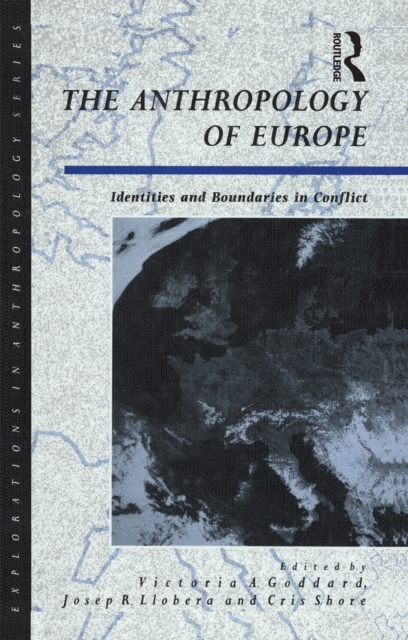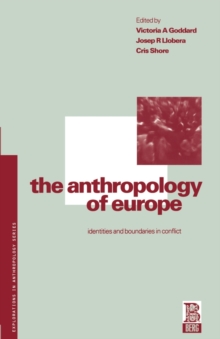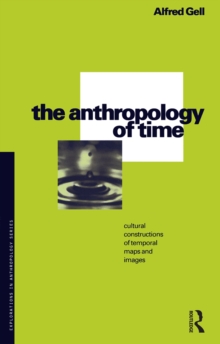
The Anthropology of Europe : Identities and Boundaries in Conflict EPUB
Edited by Cris Shore, Victoria A. Goddard, Josep R. Llobera
Part of the Explorations in Anthropology series
EPUB
Description
This is the first study of Europe post-1989 from an anthropological perspective. Thirteen distinguished authors examine the social, cultural and political implications of European integration with particular emphasis on changing European identities, concepts of citizenship and levels of participation. Their aim is to suggest an agenda for future research capable of addressing developing trends in contemporary Europe.
The book is divided into two parts. The first deals with major theoretical issues that have characterized the anthropological study of Europe and includes a detailed introductory chapter which charts the history of anthropology in Europe and considers the prospects for an anthropology of Europe. This is followed by key themes in the study of European society and culture including kinship, gender, nationalism, immigration and changing patterns of production. The second section develops these themes further using different theoretical perspectives to explain complex issues such as nationalism, ethnic identities, and sectarian conflicts. Nine case studies cover a wide range of contemporary topics including European integration and Irish nationalism, the transmission of ethnic identity, and identity and conflict in the former Yugoslavia and post-colonial Gibraltar.
This book fills a gap in the literature on European integration and will be of interest to anthropologists and sociologists as well as students of Political Science, Communications and European Studies.
Information
-
Download - Immediately Available
- Format:EPUB
- Pages:324 pages
- Publisher:Taylor & Francis
- Publication Date:07/01/2021
- Category:
- ISBN:9781000323290
Information
-
Download - Immediately Available
- Format:EPUB
- Pages:324 pages
- Publisher:Taylor & Francis
- Publication Date:07/01/2021
- Category:
- ISBN:9781000323290










